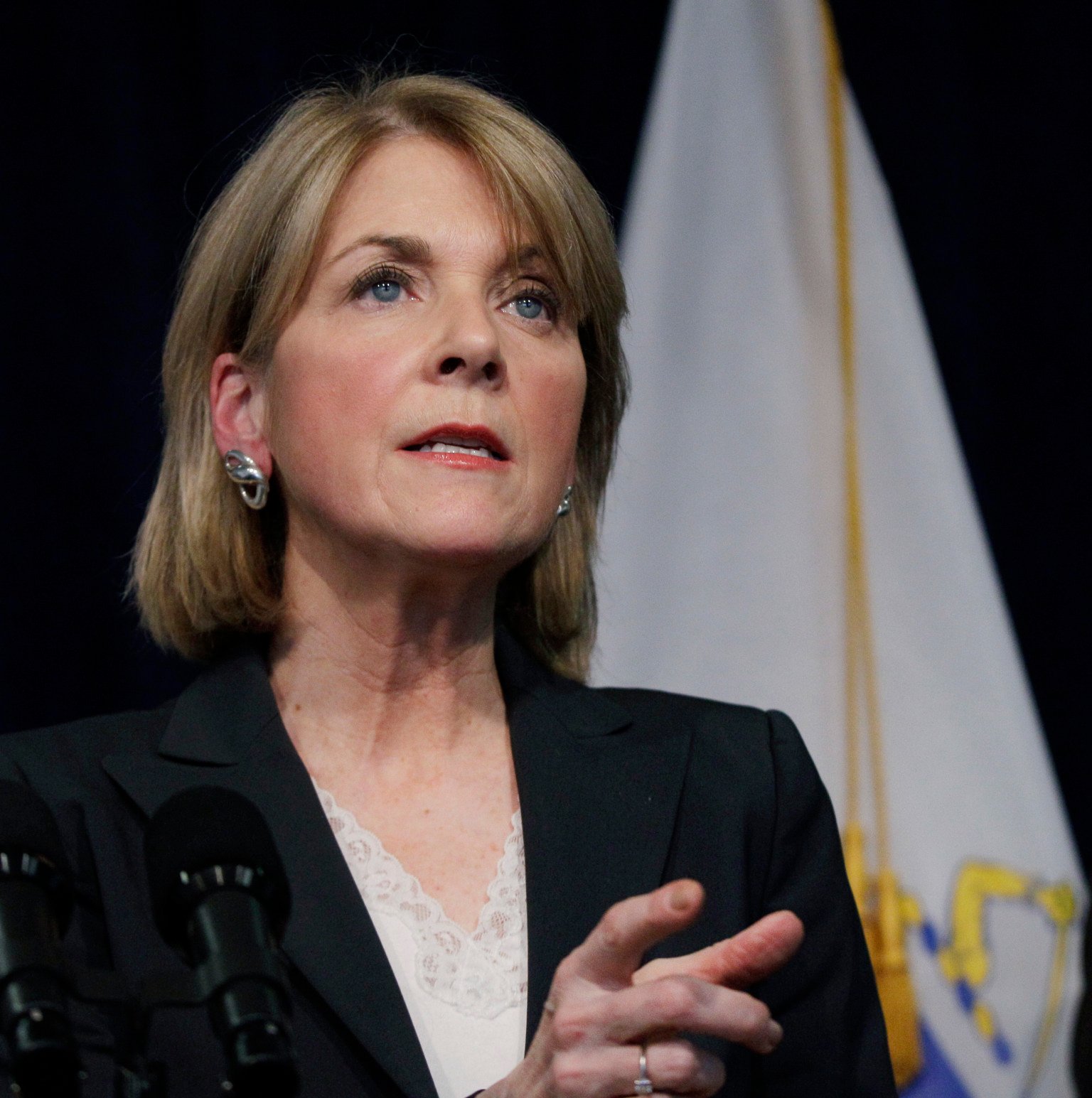Massachusetts High Court Hears Case for Casino Repeal Vote
Posted on: May 14, 2014, 05:30h.
Last updated on: June 13, 2022, 10:09h.

Opponents of casino gambling in Massachusetts have been waging war against the expansion on every battlefront possible. They’ve had wins and losses across the state, but they’ve always made their case. Now, they’re hoping that the highest court in Massachusetts will give them one last chance to put the issue before voters.
The Massachusetts Supreme Judicial Court heard arguments last week over the question of whether a measure to repeal the 2011 casino law can appear on the statewide ballot in November. The move would essentially create a referendum on whether casinos could be built – one that could disrupt the process even if it was to ultimately fail.
State Believes Implied Contracts Would Be Violated By Repeal
That disruption was one of the main arguments made by lawyers for the state, including Attorney General Martha Coakley, who rejected the petition because she felt it was unconstitutional. According to Coakley, such a repeal would cause damage to the “implied contracts” between casino license applicants and the state gambling commission. She argued that those contract rights would be illegally taken away without any compensation for the casino firms.
Coakley made remarks at a breakfast forum in Boston that further explained her position.
“It is clear that although the founders wanted the people to have options – other than their elected representatives in the House and Senate – they also limited those occasions in which they did, understanding that there’s an orderly way in which business of the people does go forward,” she said.
Advocates Say State Can Change Direction
The question of how the state could simply back out of agreements with casino companies was a heated topic during oral arguments. In particular, Justice Robert Cordy had questions about how a repeal would affect the Penn National Gaming slots parlor in Plainville, which has already been awarded a license.
“So a five-year exclusive license that has already been awarded after a thorough process outlined by the Legislature, at great cost to the applicant, can simply be taken away with a big never mind?” he asked Thomas O. Bean, a lawyer for those who want a repeal vote on the ballot.
“Yes,” Bean responded.
“They can do this without compensation…for all of the investments that were made at the encouragement of the Legislature?” Cordy asked later in the questioning.
“That is correct,” Bean said.
While that might sound flippant, Bean’s argument was that taxpayers weren’t obligated to compensate the firms if the state changed its mind about the future of casino gambling. He also said that the casino groups have known there was a repeal effort was ongoing since the law was passed, and that the possibility was one of the known risks they entailed when they began investing in the state.
Assistant Attorney General Peter Sacks outlined another possibility: that the gambling commission has the power to simply reject every application and not award any casino licenses.
“But that doesn’t mean the procurement process can be just canceled in the middle after everyone has invested a substantial amount of money,” he added.
A final decision is expected from the court this summer, likely timed to ensure the question can appear on the ballot if it is approved. While some of the questioning may have suggested skepticism from the justices about the repeal, even those who strongly believe it should not be on the ballot admit they’re no certain outcome.
“This is a question that I think is close,” Coakley said. “I think the court could agree with us, but I don’t have tea leaves on this.”